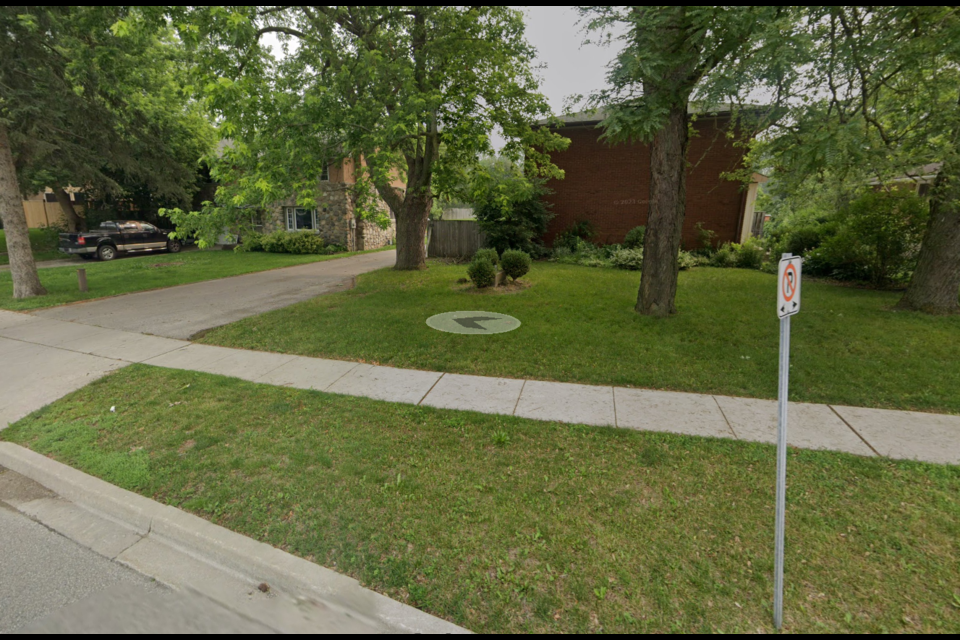The developers behind a plan to tear down a fourplex and single-family home on Blair Road to make way for 32 stacked townhouse units have been given the go-ahead by the Ontario Land Tribunal.
The "underutilized" land was the subject of an application last winter from owners Arbent and Setmir Faikovski.
They requested an official plan amendment and site specific zoning at 220 and 22 Blair Road that would permit 84 units per hectare instead of the 40-unit per hectare limit in the city's current official plan.
The three-story stacked townhouses will be in two buildings and the property will have 40 surface parking spots.
City planning staff recommended the changes saying "the proposal provides an opportunity to increase the housing stock to meet the growing demand for housing options."
City council, however, voted against the proposal in March citing concerns about displacing residents in the five units there now.
At the time, council acknowledged the owners would likely be successful if they appealed the city's refusal to the OLT, but said they couldn't stomach the idea of displacing people in the middle of an affordable housing crisis.
Councillors who voted against the proposal were also concerned about the increased density.
Coun. Mike Devine disagreed with staff's assessment that the proposed density is in line with what a "medium density development" should be in "today's time" and that the city's official plan is "grossly outdated."
Before voting against the staff recommendation, Mayor Jan Liggett said if it gets approved by the OLT it would be "shame on the provincial government who put the OLT in place, as well as the OLT."
Coun. Sheri Roberts said she was concerned about the loss of occupied homes in the middle of a housing crisis, and said the developer had the opportunity to rework the proposal to protect what's there now, but chose not to.
They could have created "a truly gentle infill development," she said. "Yes, we need to build more homes, but definitely not at the expense of affordable ones."
The city didn't hire a planning consultant to contest the appeal at the hearing and the Region of Waterloo said it had no objection to the proposed changes.
The OLT concluded that the expert opinion from planning consultant Victor Labreche was "uncontradicted" and proved the applications represent good planning, have regard to matters of provincial interest, are consistent with the provincial policy statement, conform with the region and city's growth plan, conform with the region's official plan, and maintain the general intent and purpose of the city's official plan.
The adjudicator also agreed with Labreche that the proposed density "is appropriate and represents good planning" and that the applications are in the public interest.
The OLT's approval includes a holding zone provision that requires the applicant to provide a detailed technical study to address noise from the adjacent CN rail line in addition to engineering reports, studies and drawings that meet the satisfaction of the city.
The city told the OLT it is negotiating with the property owners to compensate the tenants in a way that lessens the adverse impacts from their displacement.



